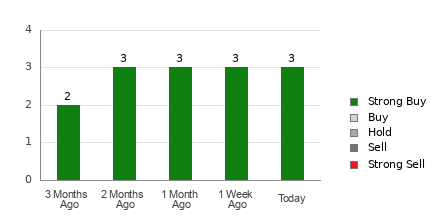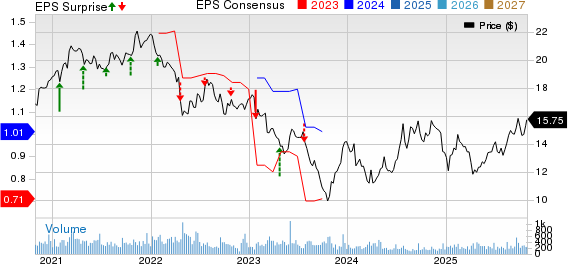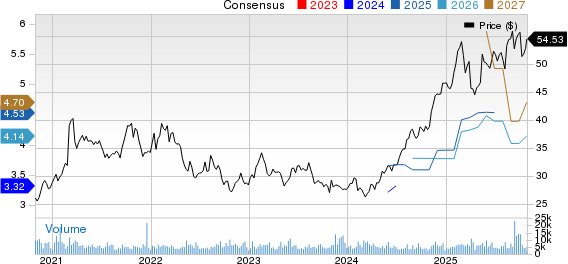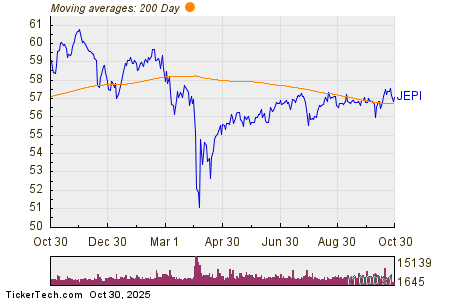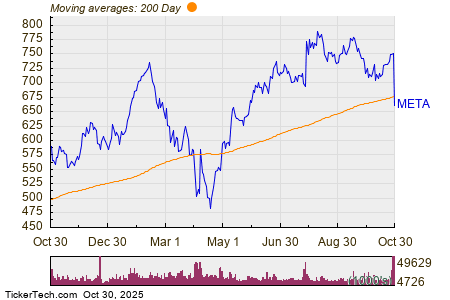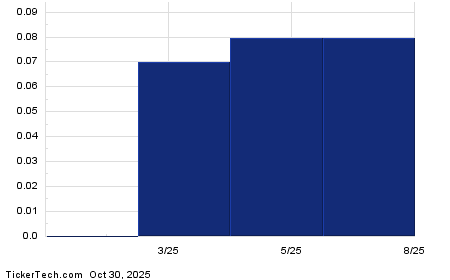Year after year, the world’s biggest technology brands gather to showcase their new products and innovative technologies at the Consumer Electronics Show (CES). Products highlighted span across TVs, cars, wearables, smart home tech, and more.
CES has evolved over recent years and has become a major conference for news in the automotive industry as the car is becoming the most sophisticated technology platform. “The automotive business is going through one of the largest and most significant transformations faster than it ever has,” said Dipti Vachani, Arm’s GM & SVP of Automotive.

From a technologist’s perspective, this all translates into a huge rise in software and the technology that underpins this software. This has led to the widely coined industry term, the software-defined vehicle (SDV). This foundational technology is built on semiconductors – with carmakers looking to deliver new driver experiences, harness the power of AI, and extend their relationship with consumers through software-defined features.
Arm licenses leading-edge foundational technology and designs CPU products and related technologies that the world’s leading semiconductor companies and automotive original equipment manufacturers (OEMs) rely on to develop their products. Arm delivers the scalable, safety-enabled specialized compute needed to address the range of processing capabilities required for automotive within the thermal constraints of the vehicle, which is critical as vehicles continue to scale.

-Dipti Vachani, Arm SVP of Automotive
Arm Powers CES Innovations
Arm estimates that 70% of the global population uses products with its technology. Its designs are the building blocks that power a host of devices, applications, and services across global markets from the smallest sensor to 99% of smartphones and the supercomputer. Arm sits at the heart of an ecosystem of over 1000 technology partners, many of whom are at CES showcasing incredible innovation. “You could say CES runs on Arm”, says Vachani, “Arm is the world’s most pervasive computing company – we are working with the biggest technology companies in the world to build the future of computing, and CES is one of the annual forums where the industry gathers and looks at not only what the industry is achieving and delivering today, but what is next for technology.”

With CES becoming the leading showcase for automotive innovation, you will find Arm technology across the entire show floor. “This year, you will see a cloud-to-vehicle application demo by AWS based on Arm. At the AWS booth you can see how we enable a seamless connection between the cloud and the car so the software can be deployed in real-time,” stated Vachani. Additional automotive applications, silicon, and software development platforms are also demonstrated by Panasonic, Continental, and Tata Motors as well as Blackberry QNX, NXP, Renesas, and STMicroelectronics. But one cannot talk about the latest technology showcase, without talking about AI.
AI will take center stage at CES. The huge uptick in conversations around the impact of AI across various industries has led to discussions around what role it will play in the future of car automation. Arm has been a long-time player in the AI space. Seventy percent of machine learning workloads are already running on Arm technology. “Where there is AI, there is Arm”, highlights Vachani. Arm is working with leading companies such as Alphabet, Mercedes-Benz, Meta, and NVIDIA to deploy Arm technology to run AI workloads. In areas of intense compute power like large language models (LLMs), generative AI, and autonomous driving, there will be a heightened emphasis on the low power acceleration of these algorithms, which is Arm’s focus.
Meeting the Growing Demand for Semiconductors
The semiconductor industry is going through a transformation as the cost and complexity of chips continue to rise, at an unprecedented rate. The semiconductor shortage during the pandemic has highlighted how critical computing is for the automotive industry. Chip manufacturing cycle times are getting longer yet customers need to deliver their products at an unrelenting pace.

These close collaborations with OEMs enable Arm to understand what the biggest automotive challenges are, and where the market is going. One of the biggest challenges in the automotive market is the explosion of software. Today’s vehicles require 100 million lines of code and this is expected to continue to grow. It’s expected that fully autonomous vehicles will have up to a billion lines of code.
“Automotive is about more autonomy and more safety. We add more autonomous and safety features in cars today. These capabilities are driven by AI using Arm’s compute foundations and various levels of heterogeneous computing in graphic processing units and image processing units,” said Vachani. Car OEMs can rely on the software ecosystem built on decades of investment, enabling faster innovation and quicker market entry.



